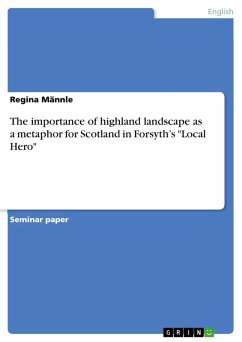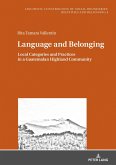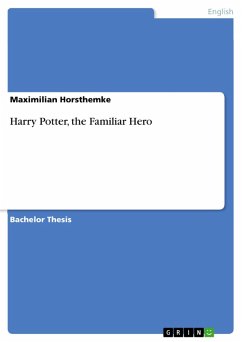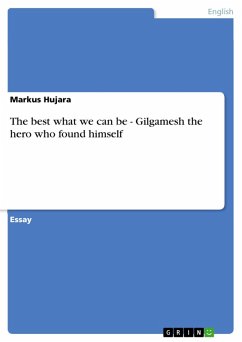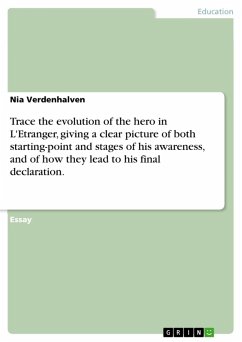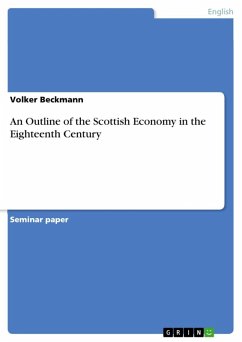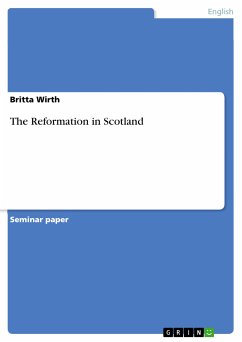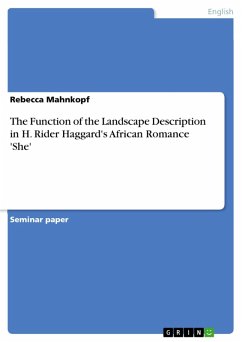Seminar paper from the year 2007 in the subject English Language and Literature Studies - Literature, grade: 1,0, Anglia Ruskin University, course: Seminar, language: English, abstract: 'It's special here', says Marina (Jenny Seagrove), the mermaid-like marine biologist of Local Hero about the landscape of her home country Scotland. However, this statement is at the same time valid for Scotland as a whole, a country with a colourful history and a unique status, often 'described as a stateless nation, an imagined community' (McCrone 2001: 6; Anderson 2006: 6). After almost 300 years of dependence, sealed with the Act of Union in 1707, Scotland is now taking more and more steps towards independence from England - with the establishment of the 'first separate Scottish Parliament' as probably the 'most fundamental' step (Petrie 2000 (b): 153). Since, as Everett states, 'identity is a dominant concern [of every nation]' (2005 (a): 6) it is not surprising that a nation which has been dominated for such a long time is especially interested in finding and presenting its unique features. In Petrie's opinion, cultural products such as films are 'means by which the myths and realities, experiences and dreams of [a nation] and its inhabitants [are] reflected and asserted' (2004: 1-2). Thus, Bill Forsyth's Local Hero (1983) can be seen as an important contribution to Scotland's search and assertion of identity. This essay will primarily deal with Forsyth's representation of highland landscape that, in Morgan James' opinion, 'is closely associated to [Scotland's identity]' (2003: 121) and 'represents a powerful discourse of national identity' (2006: 187). The focus of this study will lie on Forsyth's reconstruction of this 'ethnoscape' (ibid: 187) and on the question of to what extent the highland landscape in Local Hero can be seen as a metaphor for Scotland. As the following analysis will show, Forsyth on the one hand employs traditional 'iconography [such as] misty landscape' (McCrone 2001: 127). However, he deconstructs and modifies these stereotypes and thus presents Scotland as a nation being shaped and enriched by its mythical past, but not stuck in it. In contrast, Scotland keeps up with the times and is ready to face future and its challenges.
Dieser Download kann aus rechtlichen Gründen nur mit Rechnungsadresse in A, B, BG, CY, CZ, D, DK, EW, E, FIN, F, GR, HR, H, IRL, I, LT, L, LR, M, NL, PL, P, R, S, SLO, SK ausgeliefert werden.
Hinweis: Dieser Artikel kann nur an eine deutsche Lieferadresse ausgeliefert werden.

